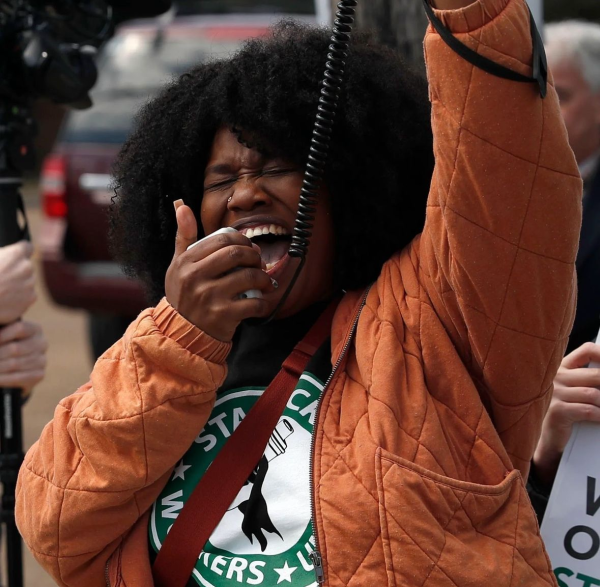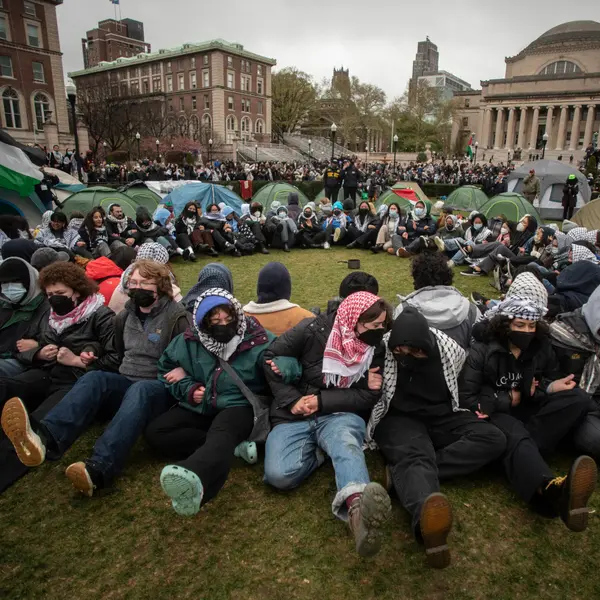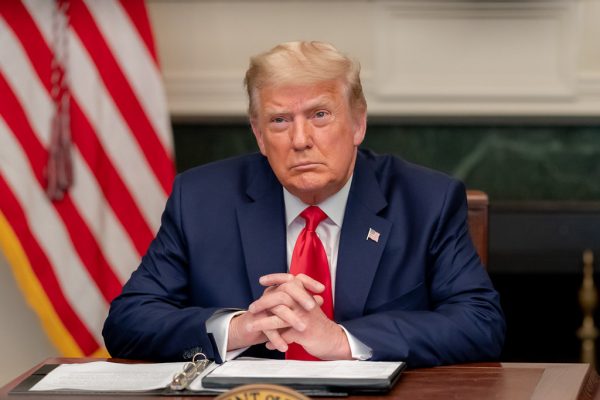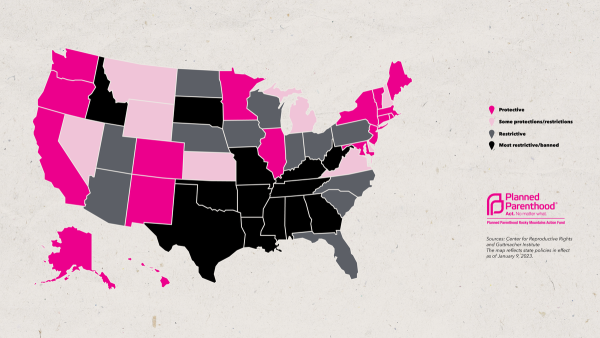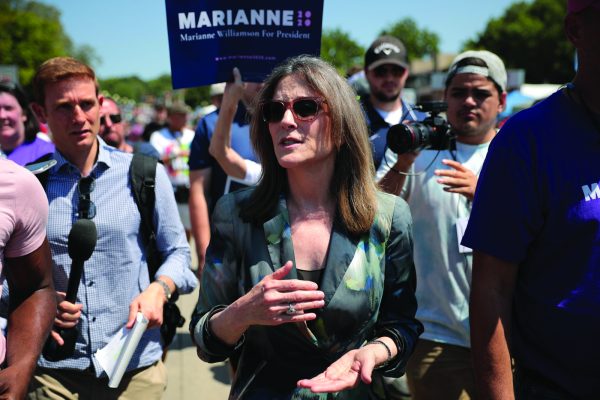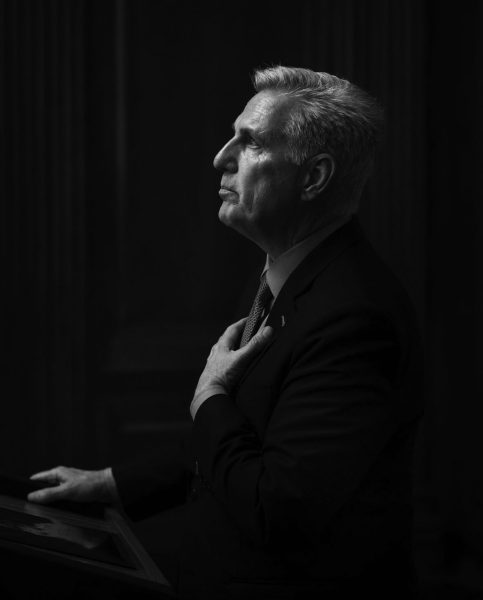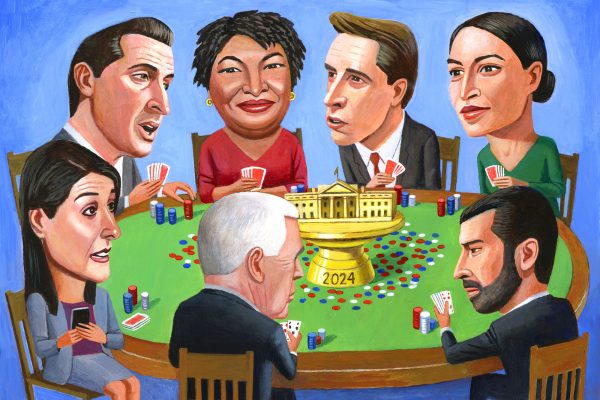The Elon Musk debacle
December 7, 2022
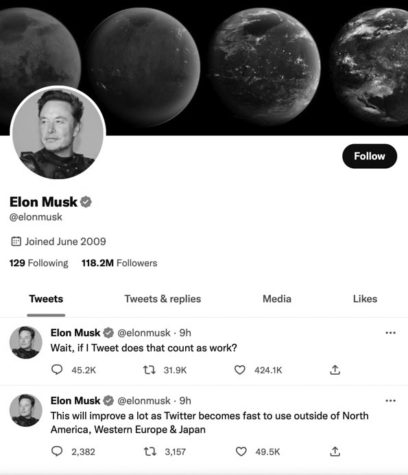
Deemed the world’s wealthiest man as of August 2022, Elon Musk boasts an estimated net worth of $254 billion according to Bloomberg. Over $90 billion ahead of Amazon founder Jeff Bezos, Musk is no stranger to business ventures, including Tesla, SpaceX, NeuraLink (develops brain-machine interfaces), PayPal, and the Boring Company, to name a few. His most recent purchase of Twitter, however, has sparked controversy building up to the official transaction and involving the future of the infamous platform.
Before his acquisition of Twitter, Musk was most famously known as the CEO of Tesla and SpaceX, two often regarded “industry-changing” companies. In a recent interview with Ron Baron, the founder of the Baron Capital investing firm, Elon Musk discussed his past work in Tesla and SpaceX as an avenue to forge new possibilities for sustainable space and land travel. His prevailing success in the engineering fields has led to questions concerning why he would take on a company holding $1.7 billion dollars of debt– and in the media industry.
Early in 2022, Musk made claims that he’d create an alternative to Twitter; one that honors “free-speech” and democracy and brings back former president Donald Trump who was banned after the January 6th insurrection. On April 4th, with significant investments, Musk had become the largest shareholder of Twitter, holding approximately $3 billion or a 9% stake in the company. In response, Agrawal, former CEO of Twitter, extended Musk an invite to the Twitter board but the relationship quickly derailed after Musk texted him that “this is a waste of time”.
In mid-April, it was revealed that Musk had offered to buy Twitter for $44 billion and to privatize it. In an attempt to thwart Musk, Twitter allowed other shareholders to purchase shares discounted, known as the poison pill strategy, as defense to Musk’s hostile takeover. But, in June, on the basis that Twitter failed to accurately inform him on the number of spam bots or fake accounts, he stated that he would abandon his offer; Twitter sued Musk consequently– but then Musk counter-sued.
Ultimately, on October 27, Musk declared that Twitter would now not become a “free-for-all hellscape” as ownership officially transferred over to Musk. Accompanying so-called ChiefTwit’s (as Musk’s twitter bio denotes) rise was the mass-firing of roughly half of Twitter’s workforce including numerous top executives: CEO Parag Agrawal, CFO Ned Segal, and Vijaya Gadde, the head of trust, safety, and legal affairs. On November 16th, Musk sent an email to employees detailing the “hardcore” work culture with long hours they’ll need to heed if they want to stay at Twitter; “Only exceptional performance will constitute a passing grade,” Musk continued. As Ela Jain ‘24, a Twitter user for five years now, said “the people who know the inner-workings are all gone.”
Layoffs seemed to be in sync with efforts to restore profit. Musk himself estimated that Twitter is “losing about $3 million daily” on top of sinking debts already. Eric Hillebrand, the AP Economics teacher, explained that “Twitter’s current model is to gain profit from advertisers– something that has struggled in the midst of inflammatory content and controversy”. Perhaps in an effort to reduce cost losses, Musk has also turned towards subscription services including selling the “blue checkmark” for $8. But, as Jain brought up, “[this] defeats the whole purpose of the symbol” which was to identify public figures– not people (like Ariana Grande stans) who paid Musk for verification.
With other media rivals like TikTok and Instagram seeing more and more users, “the new generation is leaving Twitter,” Jain commented. Despite Musk’s efforts to present Twitter to be less hateful than before, mixed responses and Musk’s rocky acquisition show that the future of Twitter is uncertain.






